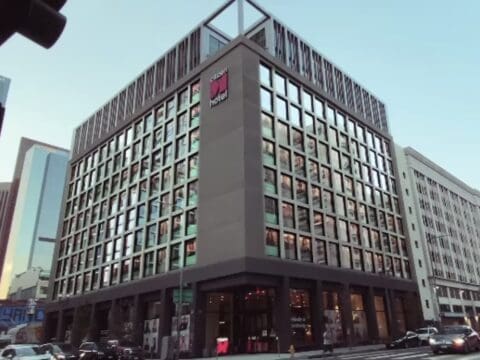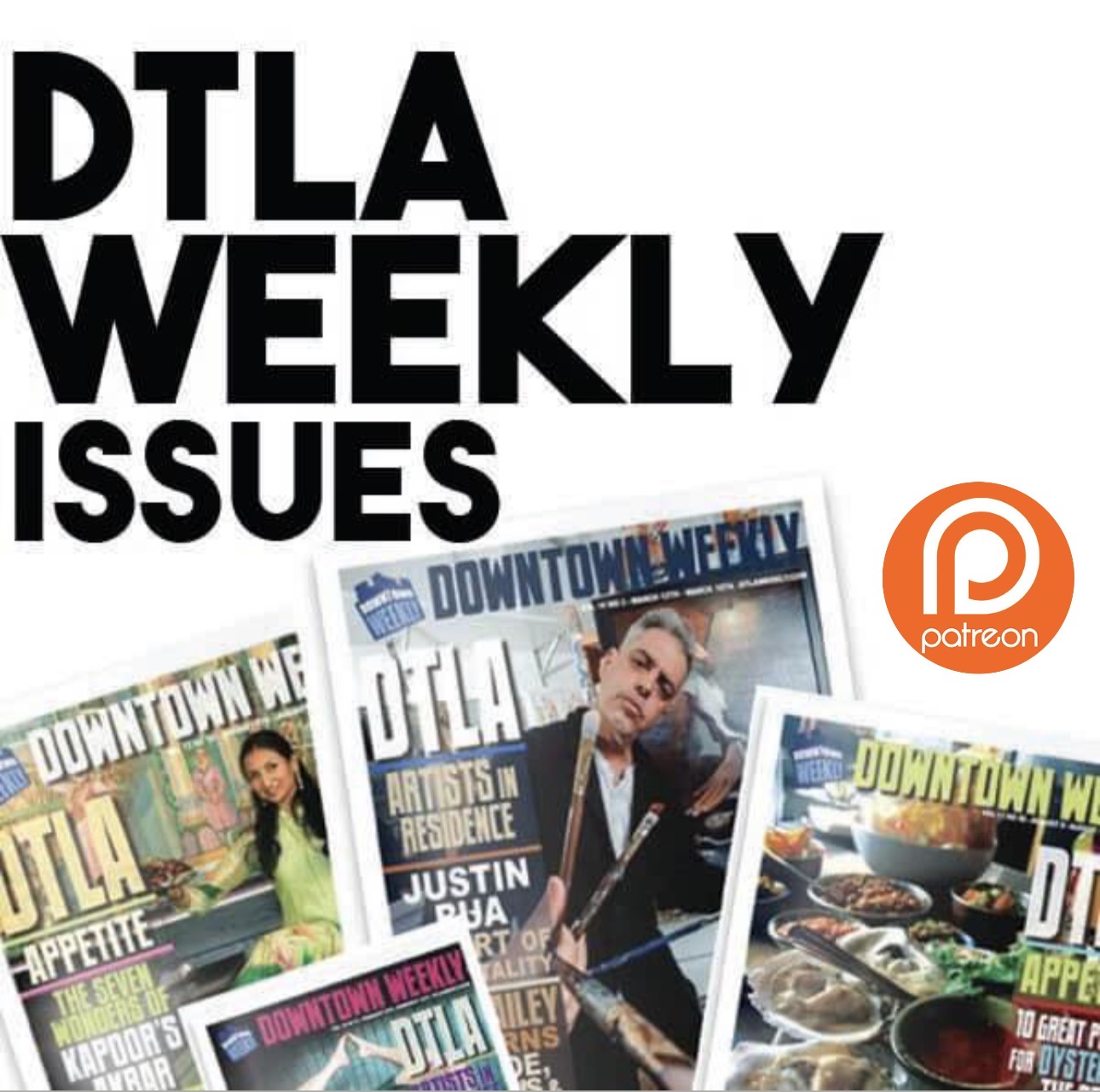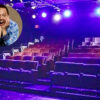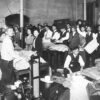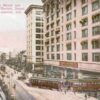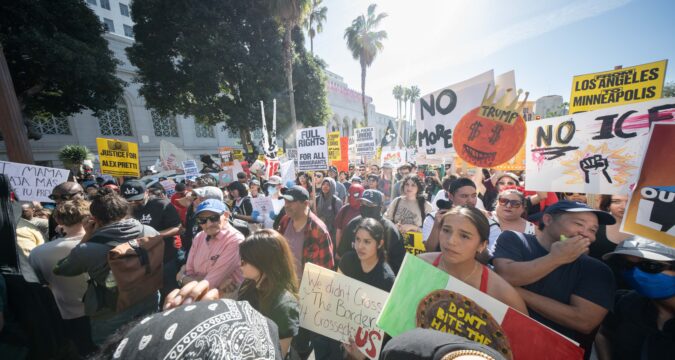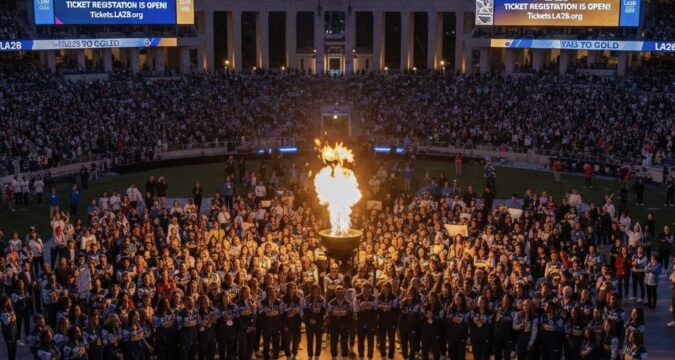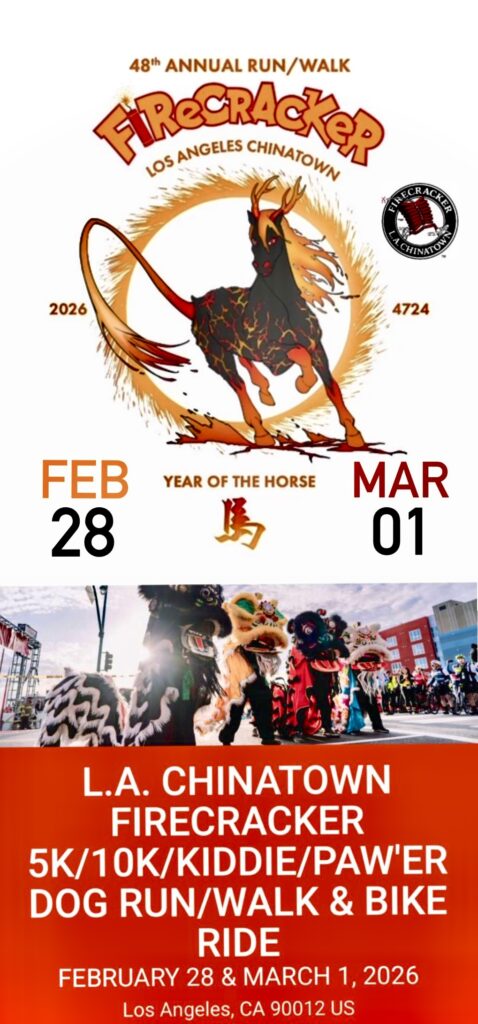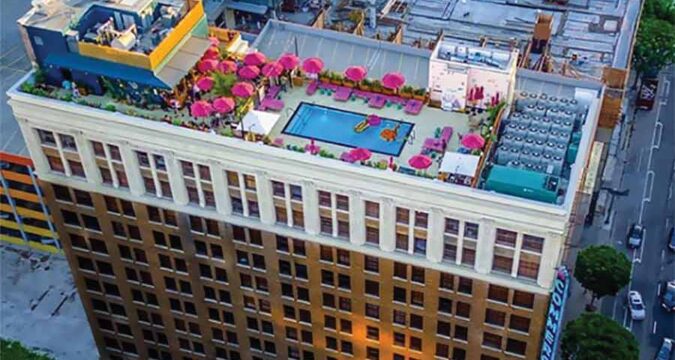
Looks like the default monster has reared its ugly head once more, leading to the financial collapse of another one of DTLA’s most beloved hotels, the Freehand Los Angeles. The trendy hotel-meets-hostel, known for its historic building and famous rooftop bar, The Broken Shaker, has officially defaulted on its $71 million loan and now faces foreclosure.
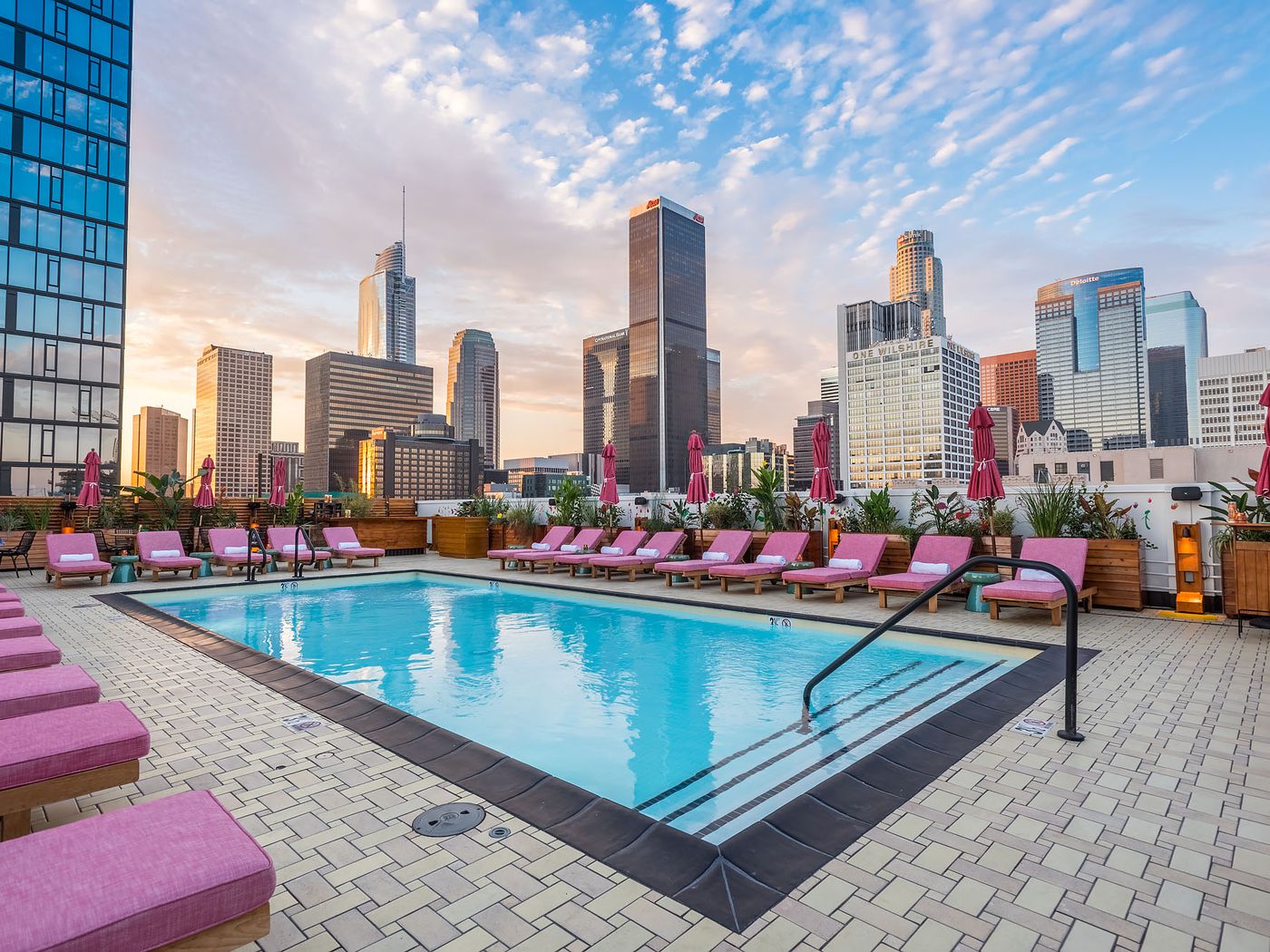
And just why have so many major investments been tanking in downtown?
When the Freehand Los Angeles first opened, it was heralded as a vibrant cultural hub breathing new life into the historic Commercial Exchange Building. The property was re-designed to be a destination in itself, boasting a rooftop pool with one of the greatest 360-degree views in all of downtown, and a full array of acclaimed dining options. Guests and locals alike were drawn to its offerings: The famous, award-winning Broken Shaker cocktail bar; the full-service restaurant The Exchange, and The Exchange Coffee Co., a specialty cafe that offers fine coffee and light fare. But, would it last?
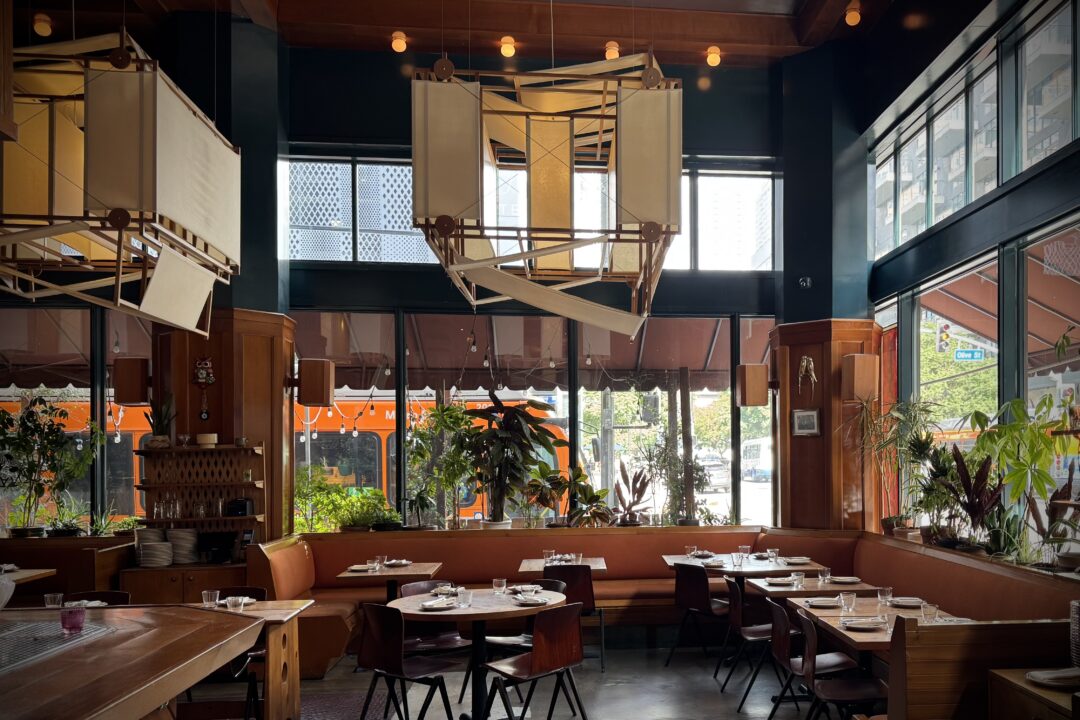
Trouble in Paradise
The Freehand’s financial distress is a stark example of the deeper structural issues plaguing the existing Downtown Los Angeles commercial real estate market. The problems are a compounding effect of post-pandemic shifts and persistent civic crises.
The rise of remote work has been catastrophic for DTLA’s office towers, tourism, and foot traffic that otherwise fuels the city. Before the pandemic, 50,000 public employees alone worked downtown, sustaining weekday foot traffic for countless restaurants and shops. This lack of office worker density has been draining our city’s economic lifeblood.
An equally critical and often overlooked factor driving visitors away, is the climate of fear caused by intensified immigration enforcement, specifically by Immigration and Customs Enforcement (ICE). Recent waves of high-profile raids have had a devastating “chilling effect” on immigrant communities, regardless of legal status, leading to a sharp and measurable decline in patronage for countless small businesses, hospitality and travel.
This has caused an economic paralysis in certain sectors, with some business owners reporting up to an 80-90% drop in foot traffic and revenue. The sudden withdrawal of this substantial local customer base compounds the existing struggles of Downtown businesses already reeling from the loss of office workers, making the area feel even more deserted and unsustainable for both local commerce and visiting tourists.
Who wants to come visit?
Sticking another nail in the coffin is the decline in tourism and visitor traffic in Downtown Los Angeles being driven by a combination of compounding local issues and larger global economic factors.
The city’s ability to draw tourists is also hampered by broader economic and environmental pressures. On a global scale, the general high cost of travel in California—including skyrocketing hotel rates, local taxes, and fuel costs—has pushed budget-conscious travelers to cheaper destinations. The perception of the entire region has also been affected by recent, highly publicized events such as destructive wildfires and other environmental incidents, which create a sense of regional instability. These factors have all contributed to Los Angeles lagging behind other major U.S. cities in its post-pandemic tourism recovery.
The Homeless Elephant in the Room
The single greatest deterrent cited by visitors, business owners, and city officials is the highly visible homelessness crisis and public safety concerns a reality that shatters the “world-class destination” image the city projects, prompting both domestic and international travelers to avoid the area due to concerns for their personal safety and a general feeling that our urban environment is unstable and poorly maintained, all of which create a mismatch between the city’s advertised glamour and the on-the-ground reality.
The Green Light at the End of the Tunnel
Fortunately, the recent green light for the $2.6 billion expansion and modernization of the Los Angeles Convention Center has seduced downtown boosters into believing a grand solution is finally at hand. Proponents argue this major public investment, timed for the 2028 Olympics, will catalyze revitalization, attract major conventions that require the new contiguous space, and generate significant tax revenue and thousands of jobs.
Unfortunately, critics argue the colossal financial commitment—which will require an average of nearly $90 million annually from the city’s General Fund for decades—is fiscally irresponsible and will drain resources desperately needed for essential civic services, including affordable housing and sustained efforts to combat the very homelessness crisis that is driving visitors away.
Just how serious is this?
The borrower in default is a company connected to Generator Hostels, which failed to meet its payment obligations to lender Trimont on the debt tied to the property at 416 West 8th Street. This debt is substantial, amounting to roughly $314,000 for every room—or “key”—, the standardized metric used by investors to compare hotel debt across different properties. The Freehand Los Angeles, which was redeveloped by Sydell Group and billionaire Ron Burkle’s Yucaipa from the historic 13-story Commercial Exchange Building, features 167 private rooms and 59 shared rooms.
The foreclosure is a serious setback for London-based private equity firm Queensgate Investments, which owns the Generator brand and purchased the entire Freehand portfolio six years ago for $400 million, later refinancing the acquisition for $230 million. While the company recently cashed out on the European side of its investment—selling the Generator European arm to Brookfield Asset Management in a massive $869 million deal—the Freehand LA property remains a troubled US asset.
“Nothing Beats a Jet 2 Vacation”
Despite this distress, the Freehand brand is currently luring guests with concessions, including a “book three nights and only pay for two” and easy access to DTLA fun and adventure.
![]()


